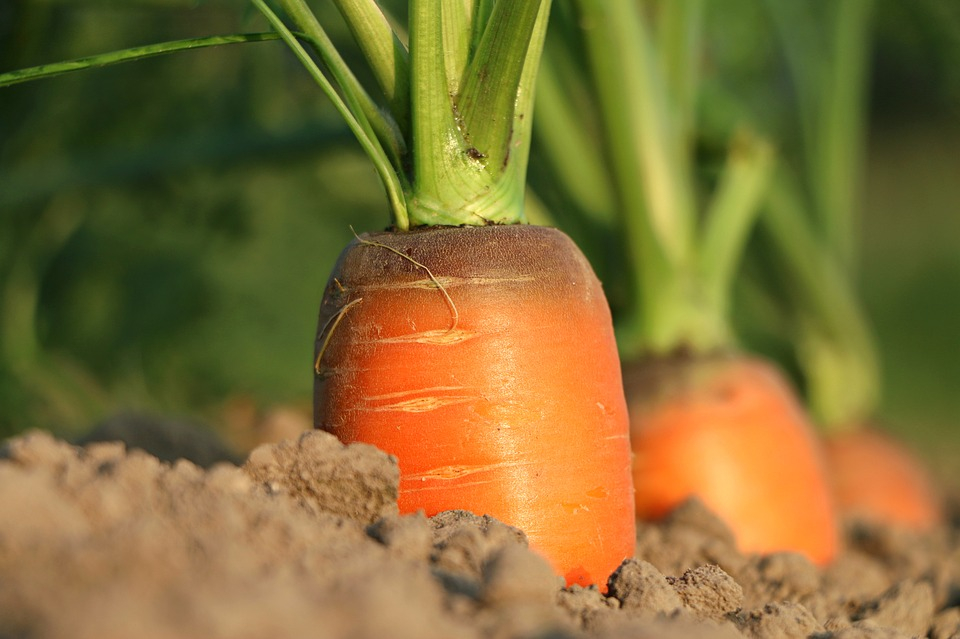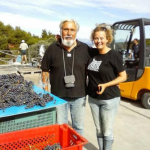As Poslovni Dnevnik/Marta Duic writes, the European Parliament gave the green light for the ”field to table” strategy at its plenary session which was held this Tuesday. It involves a package of twenty-seven legislative proposals and policies that will change the ways in which food is produced, processed, bought and consumed across the EU over the next ten years.
According to the plan, 25 percent of agriculture is planned to be in organic production, 50 percent less plant protection products and antibiotics will be used, 20 percent less fertilisers will be used, and stronger afforestation is planned.
Croatia and Croatian food production will find this path a rather difficult one to follow…
”This leaves little room for EU agriculture to maintain its level of production, competitiveness and a proportional income with which to continue an important investment cycle, and the survival of rural areas. The ”field to table” strategy must take into account the economic, social and environmental pillar of sustainability.
At the moment, the EU has strong agricultural production, but some countries like Croatia depend heavily on imports. If there’s a reduction in production, the question arises as to how much further production will be reduced in less developed EU member states given the rising costs. Unlike many EU countries, we in the Croatian Chamber of Agriculture constantly emphasise the fact that Croatia certainly wants and can be a beacon of green change in the EU. However, we’re afraid that it will be difficult for us to follow the already extremely difficult market competition. The consumer power of Croatian residents is low and they’re often forced to choose cheap imported products,” they said from the HPK.
They also made sure to warn that Croatia continues to have some huge problems across all livestock sectors and that this sector will be the most endangered because it is considered one of the major polluters of the environment.
”We’re also concerned about the requirements regarding the use of mineral fertilisers because they could have a negative impact on crop production, which is extremely good in this country and achieves record yields. The requirement to raise areas under organic production is a good thing, but even now there are problems from developed countries that have strong organic agriculture, that these products are difficult to sell because their prices are higher. We also fear that all environmental requirements will affect the further growth of food prices of EU producers, because food will have to be produced under stricter standards. This will open up space for the import of cheap and lower quality food from all over the world, which could jeopardise Croatian food production,” the HPK notes.
They also said that if the EU wants to have “greener” agriculture, then it will be necessary to allocate more money for agriculture in order to compensate producers for the losses that could be created by implementing these strategies.
”Developed countries like Germany, Austria, France and the Netherlands will find it easier to deal with these challenges because they’re several investment cycles ahead of us. Croatia is in the category of countries that haven’t yet solved their structural problems when it comes to agriculture. In such countries, the problem is that multinational companies have taken up huge areas of land and little is left for small producers, the depopulation of rural areas is extremely strong, and young people aren’t encouraged enough to stay in the countryside,” they pointed out from the HPK.
Croatian MEP Biljana Borzan, on the other hand, believes that we’ll manage to meet major goals such as the use of pesticides and antibiotics in agriculture more easily than other member states, such as the Netherlands, which has a major problem with the nitrification of fertile soil and water due to decades of over-fertilisation. Borzan noted that less pesticides are sold in the Republic of Croatia compared to the EU average, and only Latvia, Cyprus and Slovenia use less than Croatia does. It is also important to note that Croatia is doing very well in terms of the presence of pesticides in its food products.
According to the EFSA, the most contaminated food was measured in the Netherlands (9.5 percent), and a significant proportion of food contaminated with pesticides was detected in countries such as France (4.7 percent) and Germany (4.2 percent). Here in Croatia, this percentage is almost half lower (2.5 percent).
First estimates, then laws…
”Areas under organic production are constantly growing in Croatia and most organic food is exported, but local demand is lagging behind, both because of the high cost and because of consumer distrust. In this sense, the strategy calls on EU member states to encourage the greater consumption of organic food through tax policies,” stated Borzan, noting that according to EU rules, before the measures from the strategy are translated into laws, assessments of their impact must be carried out so that we don’t go into this blindly and so that their implementation doesn’t have unforeseen negative consequences.
Croatia’s problem will be lagging behind in the modernisation of agriculture and the poor organisation of producers. What is crucial in the resolution, and what I supported on behalf of the Eurosocialists, is that the measures aren’t prescribed and applied linearly, but according to the specific and individual situation in each individual EU member state,” Borzan concluded.
For more on Croatian food production, check out our business section.










